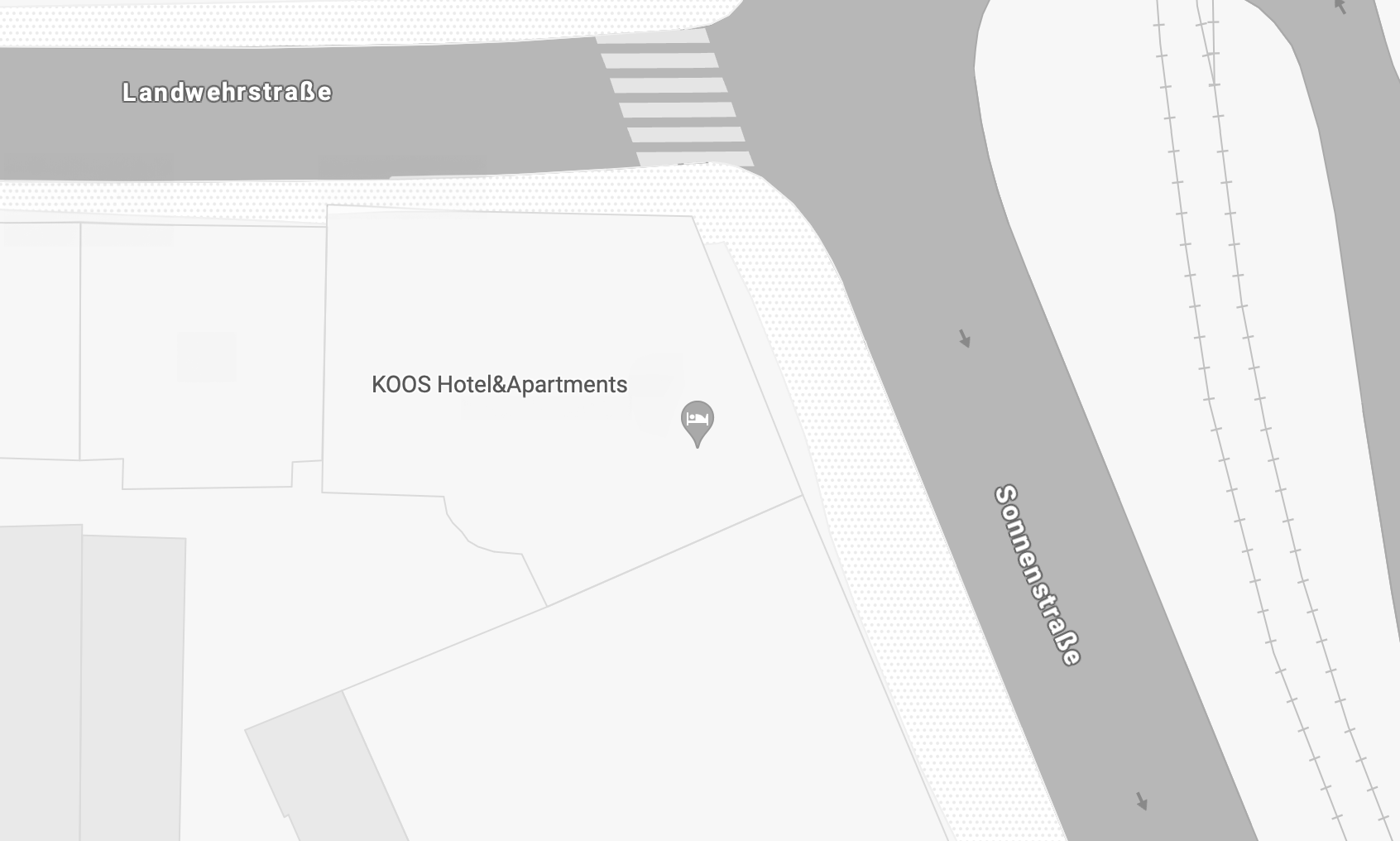Gemeinsam KOOS
Familiengeführtes Stadthotel
Herzlich willkommen im Herzen Münchens!
Unser Hotel befindet sich weniger als fünf Gehminuten vom Karlsplatz (Stachus) entfernt, dem Tor zur Altstadt. Trotz unserer zentralen Lage bieten wir einen entspannten Rückzugsort.
Unsere offene Lobby lädt mit einer gemütlichen Wohnzimmerecke, ausgestattet mit Spielen und Büchern, zum gemeinsamen Verweilen ein. In unseren großzügigen Räumlichkeiten können sich alle wie zuhause fühlen – die ideale Kombination für Städtereisen mit Freund:innen oder Familienausflüge.
Starte Deinen Tag mit einem ausgewogenen und nachhaltigen Zero- Waste Bio-Frühstücksbuffet und gönne Dir einen gesunden Boxenstopp in unserem Bowl-Restaurant. Abends bietet unsere Bar eine entspannte Atmosphäre, perfekt, um den Tag Revue passieren zu lassen. Fühl dich wohl und profitiere von unserer idealen Anbindung an öffentliche Verkehrsmittel – U-Bahn, S-Bahn und Straßenbahn bringen Dich schnell vom Hauptbahnhof oder Flughafen zu uns.
Wir legen großen Wert auf Nachhaltigkeit! Mit unserer Level 5 GreenSign-Zertifizierung sind wir Vorreiter in der deutschen Hotellerie und setzen uns aktiv für eine nachhaltige Zukunft ein.
Buche jetzt und erlebe München mit uns. Wir freuen uns auf Deinen Besuch!
Ihre Familie Reich & das KOOS Team
Gemeinsam KOOS
Familiengeführtes Stadthotel
Herzlich willkommen im Herzen Münchens! Unser Hotel befindet sich weniger als fünf Gehminuten vom Karlsplatz (Stachus) entfernt, dem Tor zur Altstadt. Trotz unserer zentralen Lage bieten wir einen entspannten Rückzugsort.
Unsere offene Lobby lädt mit einer gemütlichen Wohnzimmerecke, ausgestattet mit Spielen und Büchern, zum gemeinsamen Verweilen ein. In unseren großzügigen Räumlichkeiten können sich alle wie zuhause fühlen – die ideale Kombination für Städtereisen mit Freund:innen oder Familienausflüge.
Starte Deinen Tag mit einem ausgewogenen und nachhaltigen Zero- Waste Bio-Frühstücksbuffet und gönne Dir einen gesunden Boxenstopp in unserem Bowl-Restaurant. Abends bietet unsere Bar eine entspannte Atmosphäre, perfekt, um den Tag Revue passieren zu lassen. Fühl dich wohl und profitiere von unserer idealen Anbindung an öffentliche Verkehrsmittel – U-Bahn, S-Bahn und Straßenbahn bringen Dich schnell vom Hauptbahnhof oder Flughafen zu uns.
Wir legen großen Wert auf Nachhaltigkeit! Mit unserer Level 5 GreenSign-Zertifizierung sind wir Vorreiter in der deutschen Hotellerie und setzen uns aktiv für eine nachhaltige Zukunft ein.
Buche jetzt und erlebe München mit uns. Wir freuen uns auf Deinen Besuch!
Ihre Familie Reich & das KOOS Team

Direkt buchen
mit der KOOS Hotel Bestpreisgarantie
Direkt buchen
mit der KOOS Hotel
Bestpreisgarantie

KOOS HOTEL MÜNCHEN
Sonnenstraße 18b
80331 München
Deutschland
Sed porttitor lectus nibh. Vivamus magna justo, lacinia eget consectetur sed, convallis.
KOOS HOTEL MÜNCHEN
Sonnenstraße 18b
80331 München
Deutschland






